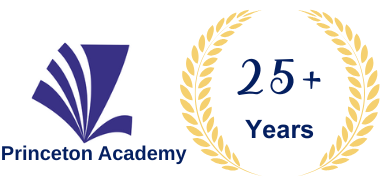📌Introduction
Managers often juggle multiple projects, dealing with varied stakeholders, tight deadlines, and shifting priorities. Without a clear roadmap, this leads to wasted time, budget overruns, and team frustration.
This course equips participants with a solid understanding of key project management methodologies like:
🔹 Waterfall (Predictive)
🔹 Agile (Adaptive)
🔹 Hybrid Models
It also covers essential tools such as Gantt Charts, WBS, CPM, Kanban, and Scrum.
✅ Through real-world examples and practical techniques, learners will develop the skills needed for successful execution and problem-solving in dynamic environments.
🎯 Course Objectives
✅ Understand and apply major project management methodologies (Waterfall, Agile, Hybrid).
📊 Learn to use essential tools like Gantt Charts, WBS, and Critical Path Method (CPM).
🛠️ Develop skills to handle project risks, timelines, and stakeholder expectations.
🚀 Enhance the ability to lead, monitor, and successfully close projects in dynamic environments.
📌 Project Strategy
-
Strategic versus operational project management
-
SWOT analysis
-
Project selection financial models
-
Net Present Value (NPV)
-
Decision trees
📅 Project Planning and Scheduling
-
Defining scope
-
Building work breakdown structure
-
Duration estimation
-
Network diagram
-
Critical Path Method (CPM)
-
Resource allocation
-
Duration acceleration
-
Other planning techniques
-
Critical chain method
-
Adaptive planning for agile projects
-
🛠️ Solving Common Project Problems
-
Avoiding people problems
-
Managing stakeholders who have conflicting requirements
-
Avoiding quality issues
-
Avoiding cost overruns
-
Controlling scope creep
-
Avoiding lateness problems / time overruns
📊 Project Control
-
EVM – Earned value method
-
Managing deviations
-
Key performance indicators
-
Dashboards and scorecards
⚠️ Project Risk Management
-
Project risk identification
-
Qualitative risk analysis
-
Quantitative risk analysis
-
Project risk response planning
📈 Program Management
-
Program life cycle
-
Developing program work breakdown structure
-
Developing program schedule
-
Developing program financials
COURSE SCHEDULE & FEES
DOWNLOAD COURSE CONTENTS
Please click the button below to download the course content. You'll need to provide your contact information to receive the document.
REQUEST MORE INFORMATION
Please fill out the form below to request more information about this course.
Error: Contact form not found.
